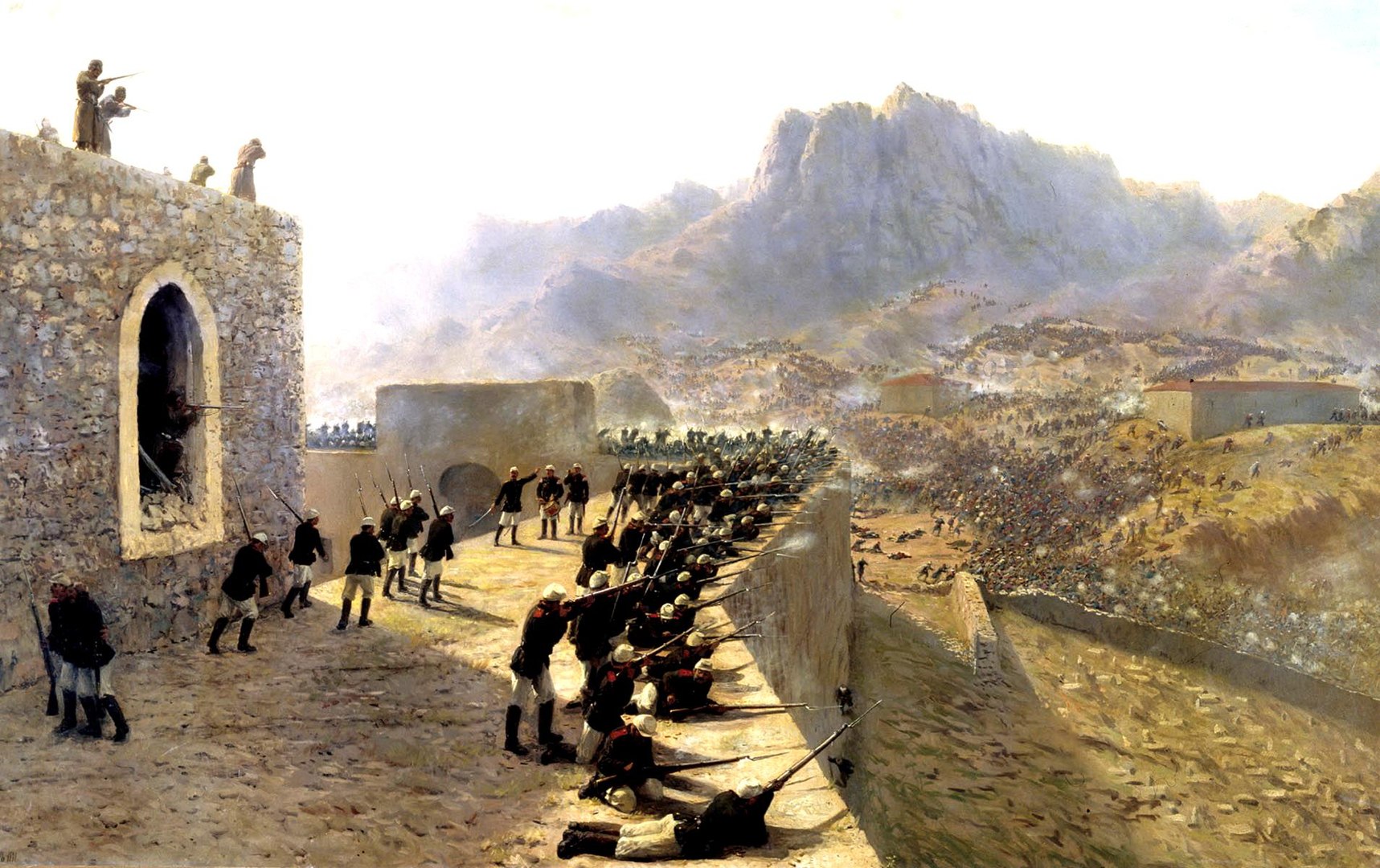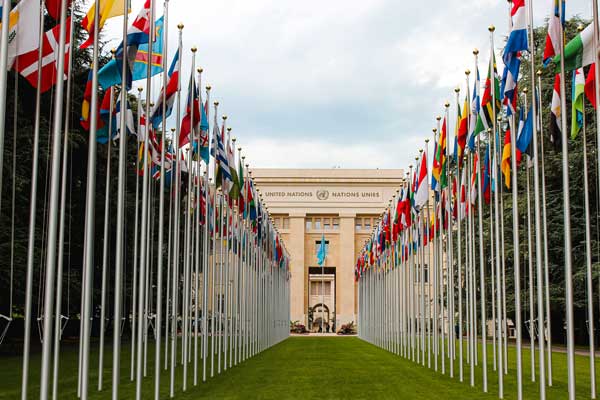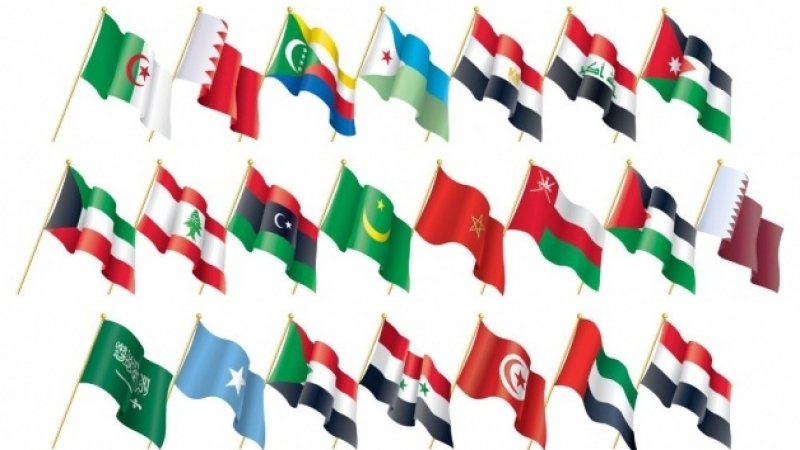– Shams Tahir
Nationalism is an ideology which has always commanded society’s attention, hence it would be fitting to analyze this concept. How can it be defined and what principles does it entail? What are the weak and strong points of nationalism? How far does Islam accept these principles? Is there any compatibility between Islam and nationalism? Can an individual be a Muslim believer and a faithful nationalist at the same time? What has been the historical course of the birth and spread of nationalism in Islamic countries?
Nationalism was a new plot hatched by the imperialists of the west to deal Islam a blow. The aim was to realize a dream which could not be fulfilled in the Crusades. Nationalism attempted to break up the unity and solidarity of the Islamic Ummah which endangered imperialistic interests, and which was a threat to colonization. With the progressive spread of nationalism, imperialism was able to divide the world of Islam into small pieces, and swallow them one by one. Thus, the dangerous dimensions of nationalism make it imperative for the Islamic world to unveil its true visage.

Nationalism led to collapse of the Ottoman Empire
Dangers of Nationalism
Ego-centrism and prejudice: Among the greatest dangers of nationalism is prejudice: a violent affective state where the individual or the group, become ego-centric, leading them to ignore reality and be harsh and inflexible in their judgments.
Superiority complex and misinterpretation of history: Misinterpretation of history is one of the greatest harms of nationalism. It may be argued that the case is so where an extreme form of nationalism exists. But that is not the case. Any kind of nationalism by essence inclines towards self-pride and scorn of others, for so long as it does not rouse in people a false sense of pride in their nation, how can it turn national prejudice in favor of itself and against others?
Nationalism culminates in racism: Nationalism inevitably ends in racism and racial prejudice. In any land where it attempts to base unity on the co-existence of a particular group so as to create fanaticism and make that group an independent, separate unit, it must attribute a certain name to that group like Iranian, Turk or some other name; it must brainwash those in that group into believing that they are superior to others on the basis of their race, blood etc. Without attention to the criteria of virtue, belief and action. Eventually, other neighboring countries come to manifest similar feelings, leading to perpetual clashes, rivalry and racial hostilities.

Nationalism and Islam are two separate life-governing systems, hence it is unlikely that they co-exist together
Islam and Nationalism
Simple patriotic sentiments, so long as they do not contravene the higher conviction of man is permissible in Islam, like the affection one feels towards one’s father, son, and family. But as already shown, nationalism does not stop at simple sentiments. It is a socio-political creed and an actual way of life which aims at a full control of man’s individual and social conduct. Islam, too, being a school having its own independent spiritual, practical, political and social system and comprising a particular set of beliefs, naturally comes into conflict with the school of nationalism.
The Quran has explicitly rejected the basis of nationalism, and states that language, colour and race are no criteria for unity and privilege. The only criteria are belief and virtue. The goal of nationalism is to create national units, whereas the goal of Islam is universal unity. To nationalism what matters the most is loyalty and attachment to the homeland, whereas to Islam, it is God and religion. Nationalism gives authenticity to geographical boundaries and racial distinctions, whereas Islam negates them. Nationalism attaches value only to the historical traditions, culture, civilization, ideas, and historical figures of its own nation, but Islam’s vision goes beyond the frontier, race, tribe, and nation. Moses, Jesus Muhammad ﷺ are considered as belonging to all mankind. Islam wishes all nations to regard the Quran as their Book, and the Ka’aba as their Qibla. Islam says that all the Muslims in the world are members of the same body and all Islamic nations, Arab, non-Arab, Turk, Afghan, Indian, blackor white must belong to one ummah in their belief. But nationalism considers the religious solidarity of a country with other nations as a danger for national and tribal identity.
According to the injunctions of Islam, the ultimate goal must be God, not freedom and independence or anything else. We should love freedom and independence for the sake of God and Islam, and not the other way round which would be polytheistic. If we study the writings of nationalists who speak of Islam, we see that their Ka’aba is independence, freedom or country and God and Islam are the means to attain that goal. A genuine Muslim, too, loves freedom and independence and defends them firmly but he does so only for the sake of God and Islam, since they are his real Ka’aba.

